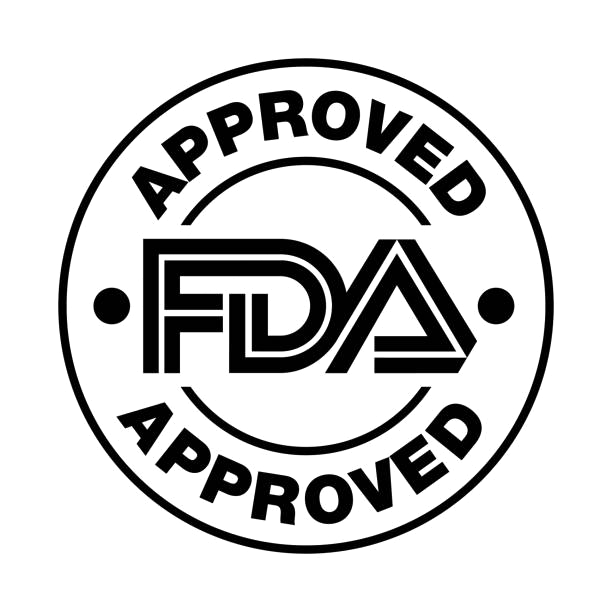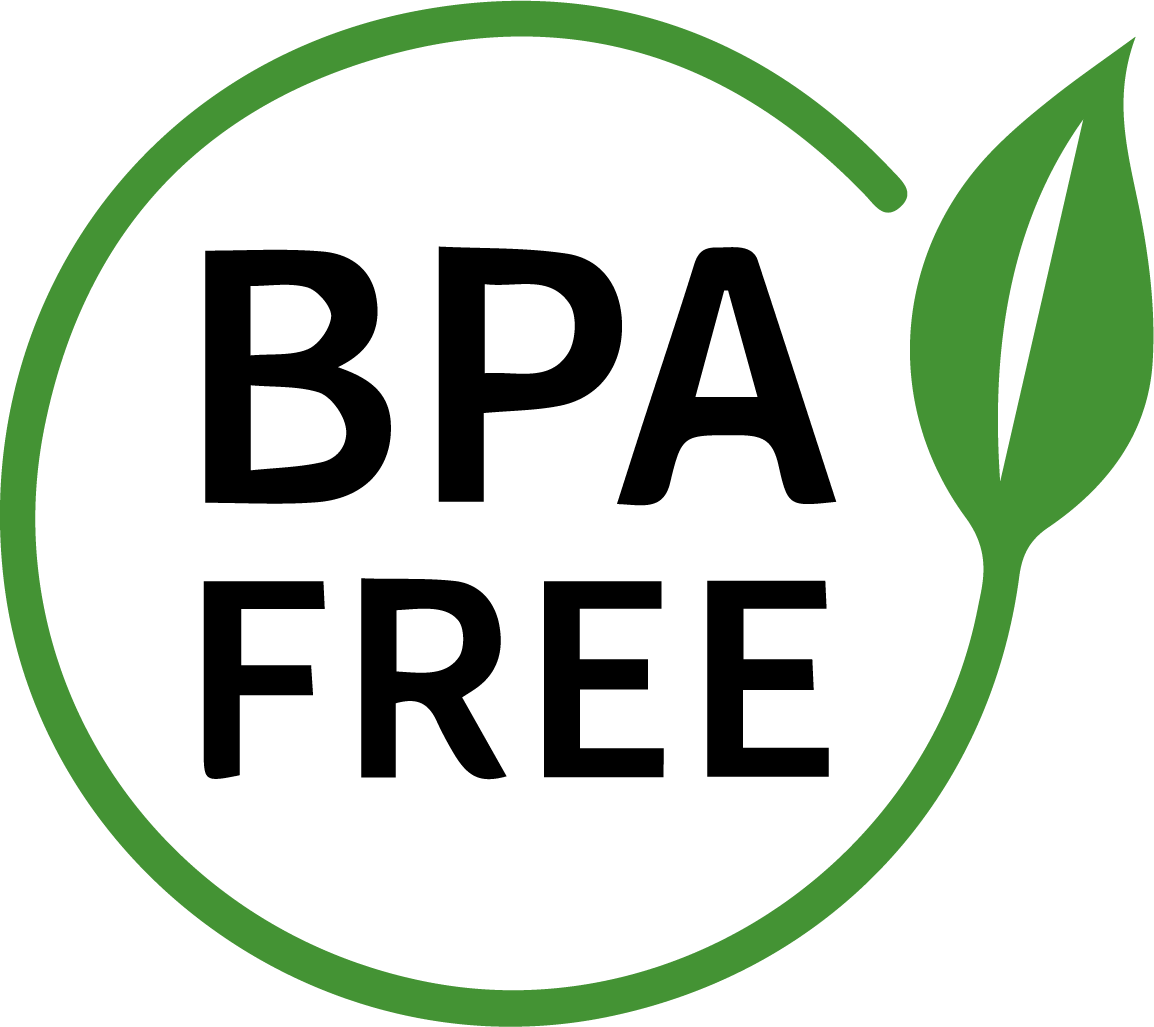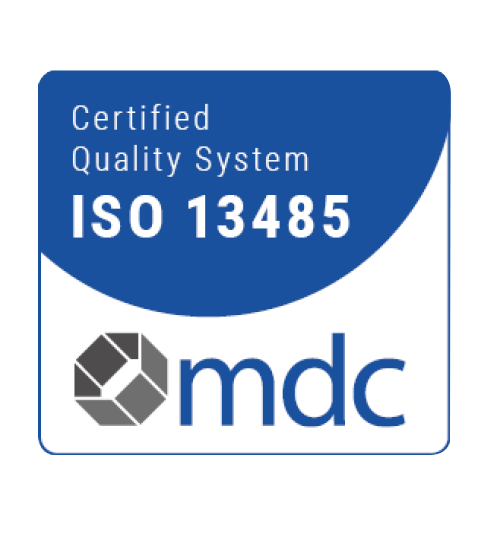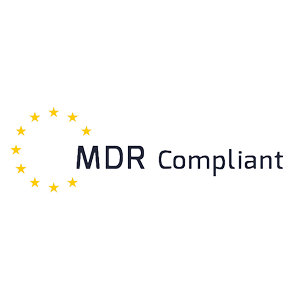
A bright, healthy smile is more than just a confidence booster; it’s a window into your overall well-being. Just like any other part of your body, your mouth thrives with proper care. You can find tons of information about proper oral hygiene online. However, some tips posted online may not be effective because of factors such as gum condition, plaque problems, and more.
Maintaining good oral hygiene is crucial for a healthy mouth and overall well-being. Good dental hygiene habits also promote a confident smile and fresh breath in addition to preventing gum disease and cavities. Let’s explore the ten essential tips for maintaining good oral hygiene that you can easily incorporate into your daily routine. By following these tips, you can keep your teeth and gums healthy and enjoy optimal oral health for years.
1. Brush Twice a Day
Brushing teeth is the first practice introduced by our parents and during our visits to dentists. Brush your teeth thoroughly twice daily, preferably in the morning and before bedtime. Use fluoride toothpaste and a soft-bristled toothbrush to remove plaque, bacteria, and food particles from the surfaces of your teeth. Brushing teeth twice daily in the morning and before bed is advisable to maintain good oral hygiene. It helps remove plaque buildup that accumulates overnight, preventing tooth decay and gum disease while refreshing your breath. By brushing regularly, you protect against cavities, gum inflammation, and bad breath, promoting oral health. Additionally, brushing before bed removes food particles and bacteria, reducing the risk of plaque buildup and potential oral infections while you sleep.
2. Floss Daily
Flossing is essential for maintaining optimal oral health because it removes plaque and food debris from between teeth and along the gumline, areas that are often missed by brushing alone. By removing plaque, flossing helps prevent gum disease, tooth decay, and cavities while protecting against bad breath. Furthermore, since daily flossing lowers the chance of systemic health issues linked to poor oral health, maintaining good oral hygiene may have wider health benefits. Make it a habit to floss once a day to prevent cavities, gum disease, and bad breath.
3. Use Mouthwash
Using mouthwash as part of your daily oral hygiene routine can benefit your oral health. Mouthwash contains antimicrobial ingredients that can help kill bacteria in your mouth, reducing the risk of plaque buildup, gum disease, and bad breath. Some mouthwashes contain fluoride, which can strengthen tooth enamel and help prevent cavities. Including mouthwash into your routine after brushing and flossing can leave your mouth feeling fresh and clean while providing added protection against oral health issues. However, choosing an alcohol-free mouthwash with the American Dental Association (ADA) seal of approval is essential to ensure it is safe and effective.
4. Brush Your Tongue
Brushyour tongue regularly, as it can harbor bacteria and contribute to bad breath. Bacteria and food particles can accumulate on the tongue’s surface, leading to bad breath and potential oral health issues. Using a tongue scraper or a toothbrush with a tongue cleaner, gently brush or scrape the surface of your tongue from back to front to remove bacteria and debris. Regular tongue cleaning can help prevent bad breath, improve taste sensation, and reduce plaque and bacteria buildup in your mouth, contributing to overall oral health and hygiene. Make it a habit to practice tongue cleaning into your daily oral care routine for a cleaner, healthier mouth and fresher breath.
5. Limit Sugary and Acidic Foods
Reduce your intake of sugary and acidic foods and beverages, as they can contribute to tooth decay and erosion. Limiting sugary and acidic foods mitigates dental problems. Sugary foods, such as candies, sodas, and sweets, fuel harmful bacteria in the mouth, producing acids that can erode tooth enamel and cause cavities. Similarly, acidic foods and beverages, like citrus fruits, tomatoes, and soft drinks, can weaken tooth enamel and increase the risk of tooth decay and enamel erosion. By reducing your intake of sugary and acidic foods, you can protect your teeth from damage, maintain a healthy pH balance in your mouth, and lower your risk of cavities, erosion, and other oral health issues. Instead, opt for healthier snack options like fruits, vegetables, nuts, and dairy products, and remember to brush your teeth or rinse your mouth with water after consuming sugary or acidic foods to help minimize their harmful effects on your teeth.
6. Eat a Balanced Diet
Eating a balanced diet is not only essential for overall health but also plays a significant role in maintaining good oral health. A diet rich in fruits, vegetables, whole grains, lean proteins, and dairy products provides the nutrients your body needs to support healthy teeth and gums. Calcium-rich foods like dairy products help strengthen tooth enamel, while fruits and vegetables high in fiber stimulate saliva production, which helps neutralize acids and wash away food particles. Vitamin C-rich foods, like citrus fruits and leafy greens, also strengthen your immune system and support healthy gums, which lowers your risk of infections and gum disease. You can support your oral health and keep a bright, healthy smile for years by eating a variety of nutrient-rich foods and limiting sugary snacks and acidic beverages.
7. Stay Hydrated
Drink plenty of water throughout the day to help rinse away food particles, bacteria, and acids from your mouth. Staying hydrated is crucial for overall health, including maintaining good oral health. Drinking adequate water throughout the day helps keep your mouth moist and stimulates saliva production, which plays a vital role in oral health. Saliva helps neutralize acids, wash away food particles, and remineralize tooth enamel, reducing the risk of tooth decay and cavities. Moreover, staying hydrated helps prevent dry mouth, which can lead to bad breath, gum disease, and other oral health problems. Aim to drink plenty of water regularly, especially after meals and snacks, to keep your mouth hydrated and promote optimal oral health.
8. Avoid Tobacco Products
Gum disease, tooth loss, and oral cancer can be considerably increased by smoking and using tobacco products. Avoiding tobacco products is crucial for maintaining good oral health and overall well-being. Smoking and tobacco use can also stain your teeth, contribute to the buildup of plaque and tartar, and impair your sense of taste and smell. Furthermore, smoking weakens your immune system, which makes it more difficult for your body to fight off infections in your mouth and recover from dental work. In addition to improving your general health and quality of life, you can dramatically lower your risk of developing oral health issues by giving up smoking and abstaining from all tobacco products. If you currently use tobacco, consider seeking support and resources to help you quit for good and protect your oral health.
9. Protect Your Teeth
Protecting your teeth is essential to prevent dental injuries and maintain oral health. Wear a mouthguard during sports, especially contact sports or activities prone to injuries, to minimize the risk of broken or knocked-out teeth. Although custom-fitted mouthguards provide the best protection, over-the-counter options are still a valuable line of defense. Furthermore, refrain from biting on hard objects or opening packages with your teeth, as this can cause chips, cracks, and fractures. By adopting these safety measures, you can protect your teeth, avert needless harm, and keep your smile looking great for years to come.
10. Visit Your Dentist Regularly
Visiting a dentist is not only necessary when your gums are aching; you have to see your dentist to monitor your overall oral health. Schedule regular dental check-ups and cleanings with your dentist every six months or as recommended. Dental professionals can detect and treat oral health issues early, provide personalized advice, and help you maintain a healthy smile for life. Don’t wait until you have toothaches; prioritize regular dental visits to ensure a lifetime of healthy teeth and gums.
The Impact of Good Oral Hygiene
Maintaining good oral hygiene is essential for preserving oral health and preventing dental problems. Here’s how practicing proper oral hygiene habits can positively impact your oral health:
Prevention of Dental Decay
Good oral hygiene practices, like brushing and flossing daily, help remove plaque and food particles from the surfaces of your teeth. Reducing plaque buildup can lower one’s risk of developing dental decay, cavities, and gum disease.
Gum Disease Prevention
Proper oral hygiene is crucial for preventing gum disease, also known as periodontal disease. Gum disease occurs when plaque and bacteria accumulate along the gumline, leading to inflammation, bleeding gums, and eventual tooth loss. Regular brushing, flossing, and routine dental cleanings help keep your gums healthy and reduce your risk of gum disease.
Fresh Breath
Regular brushing and flossing can help prevent bad breath by removing bacteria and food particles that cause odor. Good oral hygiene habits ensure your mouth stays clean and fresh, promoting overall oral health and confidence in social situations.
Prevention of Tooth Loss
Adhering to proper dental hygiene practices can dramatically lower the chance of tooth loss from gum disease, decay, or other dental issues. Keeping teeth and gums clean and healthy helps preserve teeth’ structural integrity and prevents the need for extractions or dental procedures.
Improved Overall Health
Research has shown that poor oral health is linked to various systemic health conditions, including heart disease, diabetes, and respiratory infections. Proper dental hygiene improves oral health, enhances general health, and lowers the chance of experiencing major health problems.
Cost Savings
Investing in good oral hygiene practices can reduce the cost of dental procedures and treatments over time. By preventing dental problems before they arise, you can save a lot of money on expensive procedures like fillings, root canals, and periodontal therapy.
Good oral hygiene habits are essential for maintaining optimal oral health and preventing dental problems. By brushing and flossing your teeth on a regular basis, going to regular dental check-ups, and maintaining a balanced diet, you can have a healthy smile and a decreased risk of dental problems for the rest of your life.
Foods That Cause Stains
Teeth discoloration and dullness can result from certain foods and beverages, contributing to tooth staining over time. Awareness of the foods that are most likely to leave stains on teeth and how to treat teeth stain issues can make it easier to maintain a bright and radiant smile. Here’s a closer look at common staining foods:
Coffee and Tea
These well-known drinks include chromogens and tannins that can discolor teeth, particularly if ingested repeatedly.
Red Wine
Red wine’s deep color is rich in chromogens and acidic, making it a common culprit for teeth staining.
Berries
Dark-colored berries such as blueberries, blackberries, and raspberries contain vibrant pigments that can stain teeth.
Tomato-Based Sauces
Foods like spaghetti sauce and salsa are acidic and contain pigments that can adhere to tooth enamel, leading to stains.
Curry
The vibrant yellow pigment in curry can stain teeth, especially when consumed frequently.
Effective Solutions for Teeth Stain Problems
Dealing with teeth stains can be a common concern for many individuals, impacting their confidence and self-esteem. Teeth stains may be brought on by age, food, or lifestyle choices, making your smile seem less attractive overall. Fortunately, various effective solutions are available to address teeth stain problems and restore a brighter, whiter smile. Here are the simple solutions you can practice:
- Good Oral Hygiene: Practice good oral hygiene by brushing your teeth thoroughly at least twice daily and flossing daily to remove plaque and surface stains.
- Rinse Your Mouth with Water: Make it a habit to rinse your mouth with water after consuming foods or drinks that stain to help remove pigments and lessen the chance of staining.
- Use a Straw: Use a straw to minimize contact with your teeth and lower the chance of staining when consuming beverages that can stain, such as red wine, coffee, or tea.
- Limit Consumption of Staining Foods: While avoiding staining foods and beverages altogether is unnecessary, limiting their consumption can help reduce the risk of tooth stains.
- Chew Sugar-Free Gum: After meals, chewing sugar-free gum can help increase salivation, which naturally cleans and remineralizes teeth to lessen the likelihood of stains.
- Professional Teeth Whitening Treatment: For stubborn or severe teeth stains, consider professional teeth whitening treatments performed by a dentist.

Finding the Right Dentist for Your Dental Care Needs
Finding the right dentist is essential for maintaining oral health and achieving a beautiful smile. Whether you’re new to an area or looking to switch dentists, here are some steps to help you find a dentist that meets your dental care needs:
Ask for Recommendations
Start your search by asking family, friends, and colleagues for recommendations. Personal referrals can provide valuable insights into the quality of care and overall experience with a particular dentist.
Check Online Reviews
Use the internet to find local dentists. You can understand what to expect from various dental practices by looking through patient reviews and ratings on websites such as Google, Yelp, and Healthgrades.
Consider Specialized Services
Depending on your dental needs, you may require specialized services such as orthodontics, cosmetic dentistry, or pediatric dentistry. Seek out dentists who have previously treated patients with comparable needs and who provide these services.
Verify Credentials and Experience
Always choose a licensed and accredited dentist to practice dentistry in your state. Additionally, inquire about their experience and training in performing specific dental procedures or treatments.
Schedule a Consultation
Before committing to a dentist, schedule a consultation or initial appointment to meet the dentist and tour the dental office. Take advantage of this opportunity to inquire about the dentist’s dental care philosophy, available treatments, and financing arrangements.
Assess Office Atmosphere
Pay attention to the atmosphere and environment of the dental office during your visit. Modern, well-maintained dental offices with a welcoming staff and cutting-edge technology can create a satisfying dental experience.
Evaluate Communication and Comfort
A healthy dentist-patient relationship depends on communication. Choose a dentist who listens to your concerns, explains treatment options clearly, and makes you feel comfortable during appointments.
Review Insurance and Payment Options
Check whether the dentist accepts your dental insurance plan and inquire about payment options for services not covered by insurance. Some dentists offer flexible payment plans or financing options to make dental care more affordable.
Trust Your Instincts
Trust your instincts when choosing a dentist. If you feel comfortable and confident in the dentist’s abilities and the overall atmosphere of the dental practice, you’re likely to have a positive experience.
Using these steps and the time to investigate and assess various dentists, you can find a dentist who meets your needs and offers high-quality care for you and your family. Remember that regular dental check-ups and preventive care are essential for maintaining optimal oral health and preventing dental problems in the future.
Why Is Oral Hygiene Maintenance Important?
Maintaining good oral hygiene is essential for preserving the health and aesthetics of teeth and gums and promoting overall well-being. By adopting a consistent oral hygiene routine, being mindful of dietary choices, and seeking professional dental care, you can enjoy a lifetime of healthy smiles and confident oral health. Additionally, be aware of your consumption of staining foods and beverages and adopt proactive oral hygiene habits,
Visit the First Class Aligners blog today for more tips on oral hygiene maintenance, dental care, and achieving your best smile!






